Glass display cabinets are a wonderful way to turn your beautiful belongings into design features without leaving fragile items at risk of damage.
But shoving your chosen objects in a haphazard mess won’t do your belongings – or your glass cabinet – justice. Instead, you need to carefully curate it, ensuring items complement each other and make a cohesive whole that draws attention for the right reasons.
Sound like a complicated ask? Worry not, in this post we’ll give you some easy-to-follow tips so that once you’ve picked the perfect display cabinet for your space, you can make sure the treasures inside look their best too.
Start with a clean clear space
If you’re arranging (or rearranging) your glass display cabinet, it’s the perfect opportunity to carry out a deep clean.
Start by emptying your cabinet. Wipe down the shelves, or base with a soft microfibre cloth, making sure to get into the corners. A damp cloth or spritz of cleaner will help keep dust on the cloth rather than in the air, but doing this first will stop displaced dust from dirtying spaces you’ve already cleaned.
When this is done, clean the glass. Using a specialist glass cleaner can help you minimise splashes and streaks, but still take care not to use too much.
After damp cleaning make sure to buff it dry with a very soft cloth – if possible, leave it to dry naturally as well. Moisture left inside an enclosed glass space is likely to fog or dampen the class and could even damage the items inside so get your cabinet as dry as possible before refilling it.
You don’t want any moisture left inside an enclosed glass space as it may fog the glass, or be unable to evaporate.
You should also clean the items you’re planning to display.
Find a theme for the contents
Try to see what connects the items you keep in your glass cabinet. It could be something as straightforward as their age, material or style.
Examples of ‘themes’ you could use include wood, porcelain, coastal, Wedgewood, coloured glass, brass, Victorian or even just colour.
These groupings can in turn create an overarching aesthetic feel for your display. For example, collecting together items made of wood can help build a rustic feel, while metal items with sharp lines can help create an overall sense of modernism or minimalism.
Once you’ve found these themes, organise the content of your display cabinet in line with them. If you have a range of different aesthetic objects, pick a theme for each shelf. Where possible, making your entire glass cabinet display follow a single theme can create a big impact.
You can also use contrast within these groupings to create a focal point.
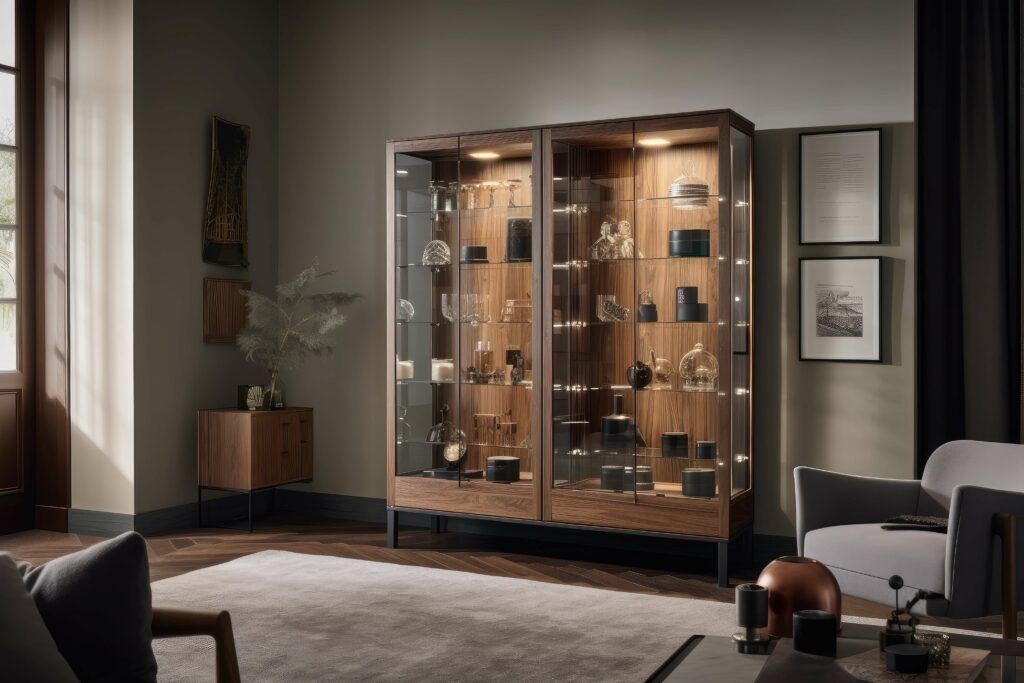 Embrace odd numbers
Embrace odd numbers
Tempting as it might be to stay tied to symmetry, grouping items in odd numbers often looks better (and leaves you with more options on what to display together.)
There is still symmetry in threes, fives and sevens (just graduated) and it looks a lot more cohesive when using items with subtle differences. These differences become features instead of issues.
If you have a lot of identical items, then pairs and even numbers can create impact but odd numbers give you more freedom to shuffle items around.
Mix up size and height
If possible, try to include objects of different sizes in your display. Particularly use varying heights.
Avoid blocking smaller items with taller ones, but build a gradient within the display space. Photo frames, vases, bottles, jugs or crockery can all help add height and make your cabinet look more multi-dimensional.
If all your items are similar in size or height, stagger their placement more (and use odd number groupings) to stop the display feeling flat.
Change up textures
Another way to add more dimension to a glass display cabinet is creating contrast with textures. Pairing something rough, such as unfinished driftwood with something silky smooth like sea glass, will emphasise the tactile nature of your displayed items.
This will, in turn, add interest to the items in your cabinet by engaging with an extra sense (touch). Your mind will factor in a tactile appreciation from seeing it, even without actually experiencing it through touch.
Light it carefully
If you want the contents of your cabinet to really shine, you need to light it correctly. With a glass cabinet, that is easier to do than other cabinets, but it may still need work.
With a fully glass display cabinet, your items will already enjoy the maximum amount of ambient light possible, but is this enough? Even if your case isn’t hemmed into a dark corner, it might benefit from its own light source.
A light fitting directly above can help minimise shadows but isn’t easy to install. A lamp takes minutes to set up, but lighting from only one side will leave your cabinet cluttered with shadows.
Fitting lights inside the cabinet gives you the most control but even then, you need to decide how to fit them. Directional spotlights let you control the angle of the light but can be more fiddly to calibrate while using LED striplights can keep the light cast consistent but aren’t visually appealing in themselves.
Weigh up your options carefully and find the one that works best for you.
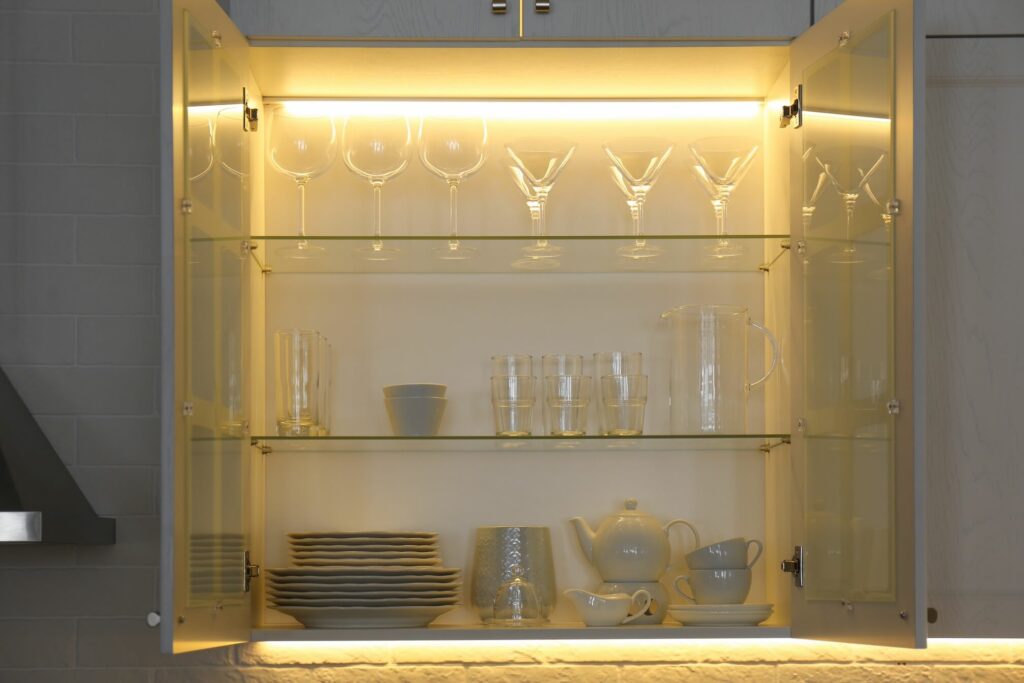 Don’t skimp on objects
Don’t skimp on objects
Fear of creating a cluttered cabinet might make you wary of how many items you include but don’t go too far in the other direction. If you have too few items in your display cabinet, it can leave too much empty space, leaving it feeling bare and the items inside feeling scattered and disjointed.
The perfect display sits somewhere in between. Usually, though, that does involve more objects than you’d imagine.
One of the benefits of glass display cabinets is that they feel less messy and overstuffed than something with a solid back. But the downside of this is how easy it is to leave a glass case feeling empty.
Following our other tips (grouping items, varying heights) will help with this too but it is important not to be too sparing with contents. Make the most of the space you have and the benefits of this type of case by using plenty of objects.
And to ensure an eye-catching display – get a custom-made glass display cabinet….
If you want to make sure your display case is a truly stylish statement, a custom-glass case is always the best option. We can make a bespoke glass cabinet that meets your exact measurements, so you can make sure it fits the space it’s in perfectly. Whether you want to slot it into an awkward nook, or make sure it matches the overall dimensions of your room without looking dominating or dwarfed, we can help. Speak to us today to find out more.

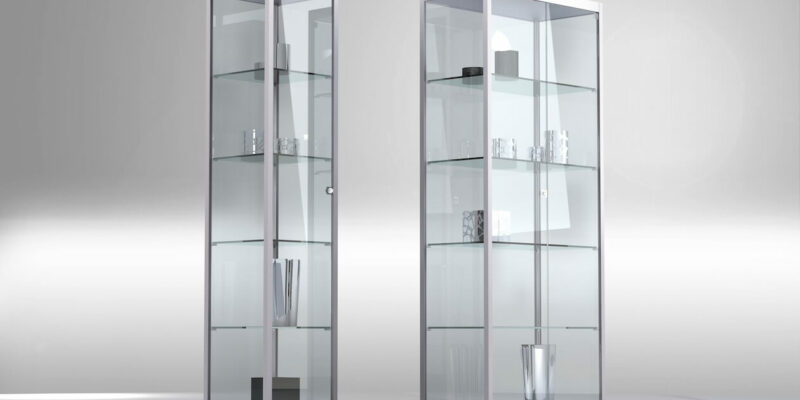
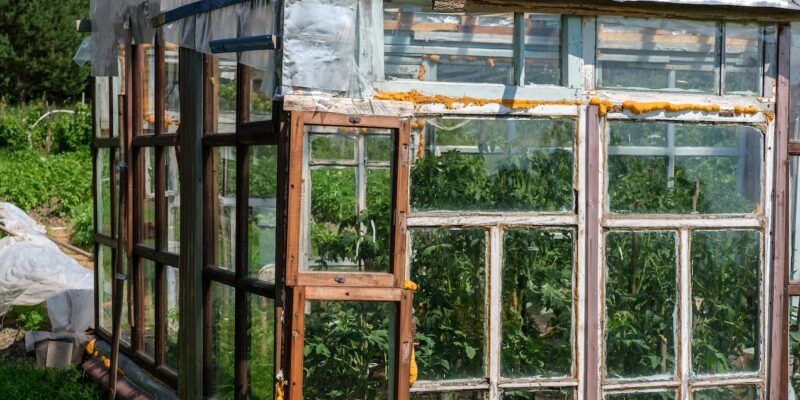
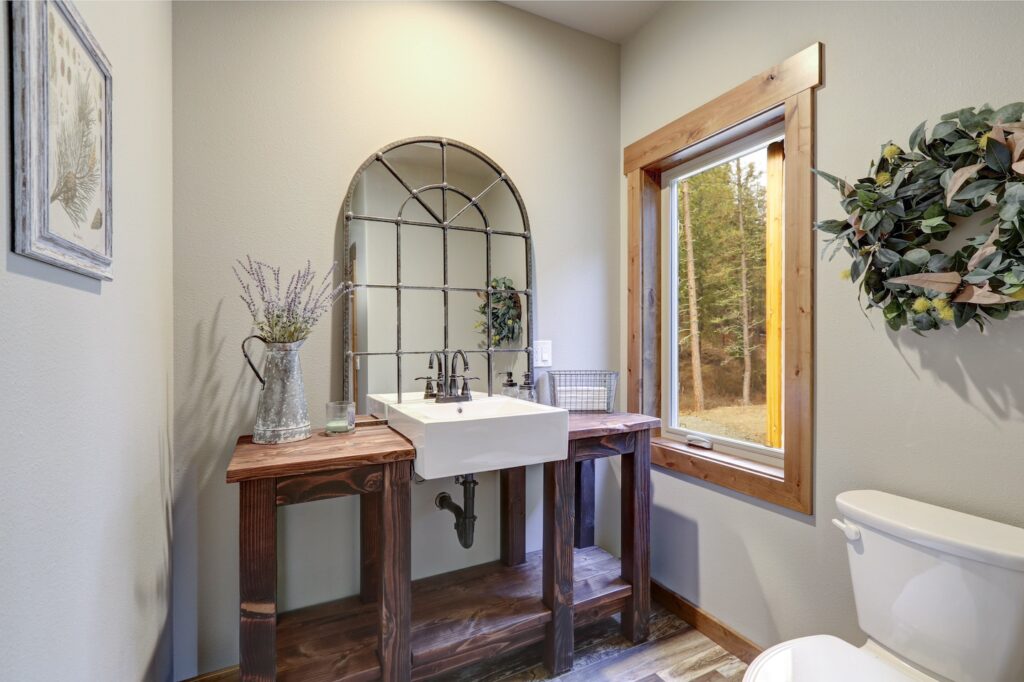
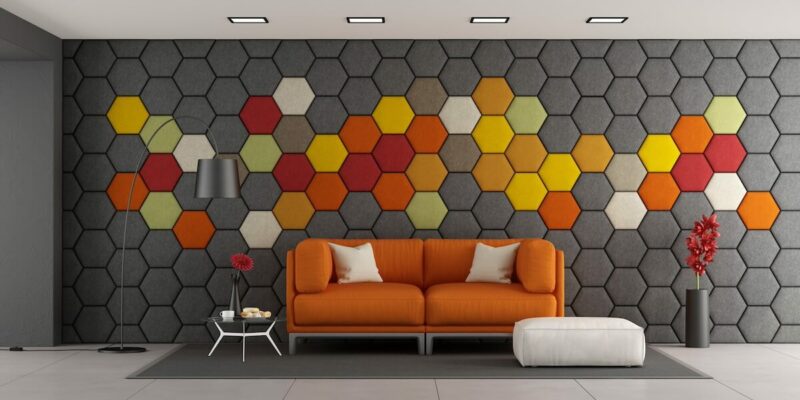
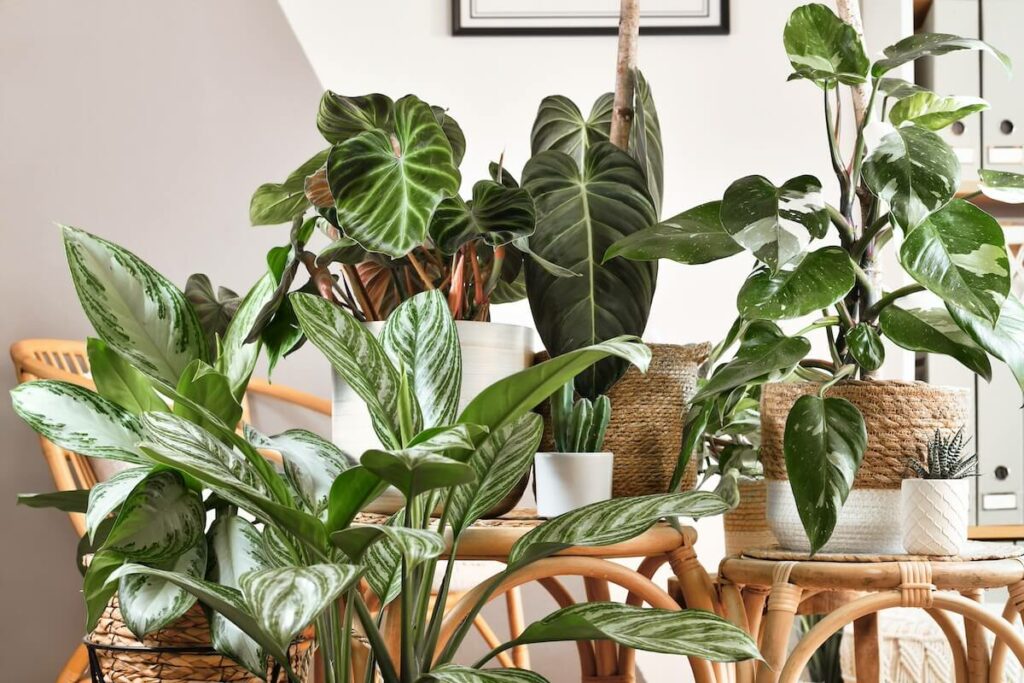 Indoor plants
Indoor plants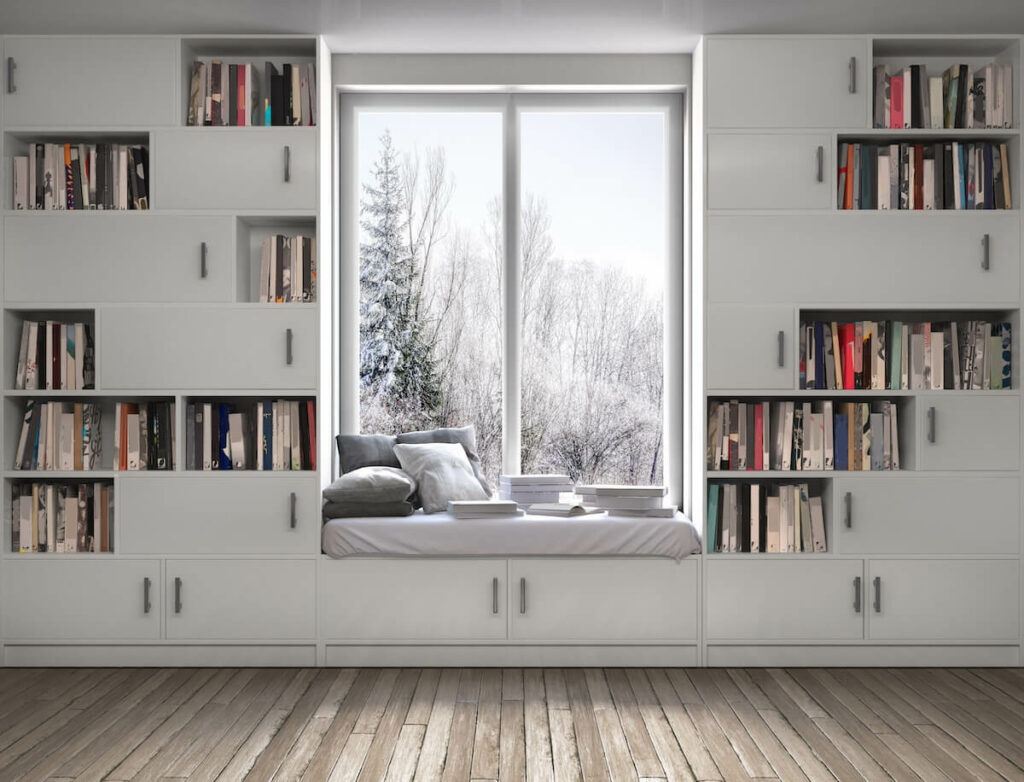 What are the most effective ways to reduce noise pollution?
What are the most effective ways to reduce noise pollution? Replace your doors
Replace your doors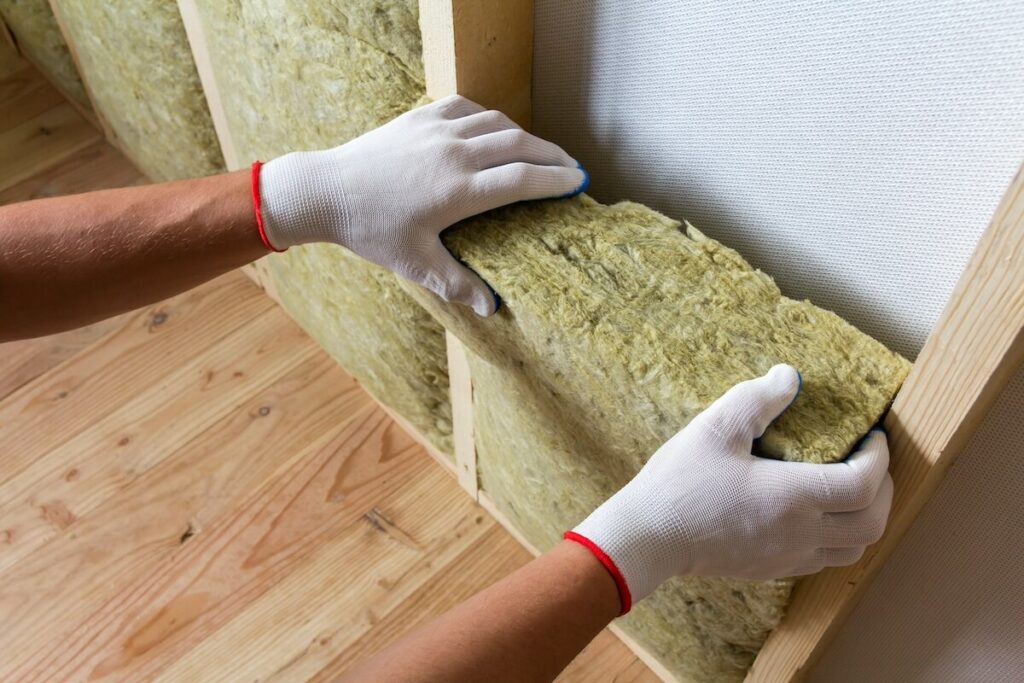 Soundproof your walls
Soundproof your walls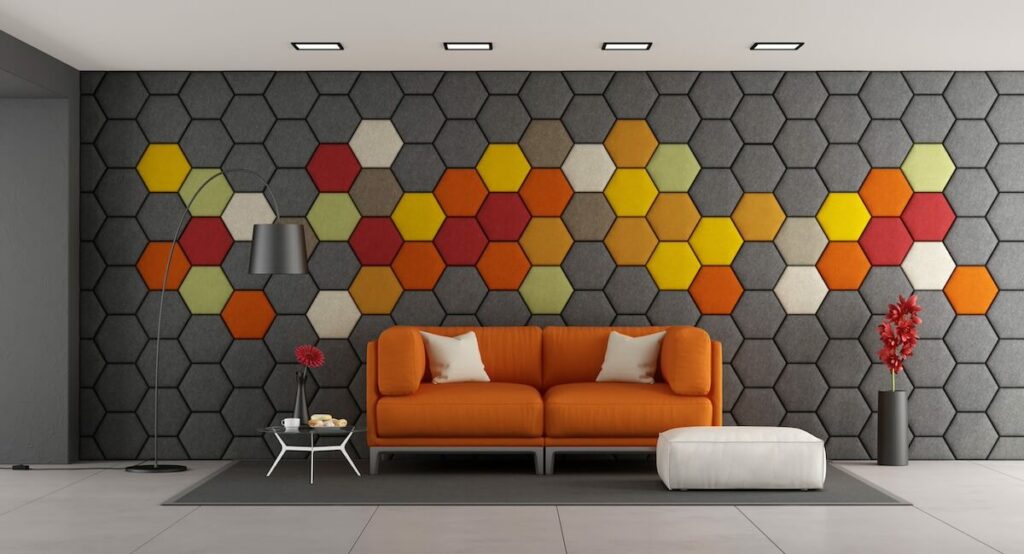 Add acoustic panels to your walls
Add acoustic panels to your walls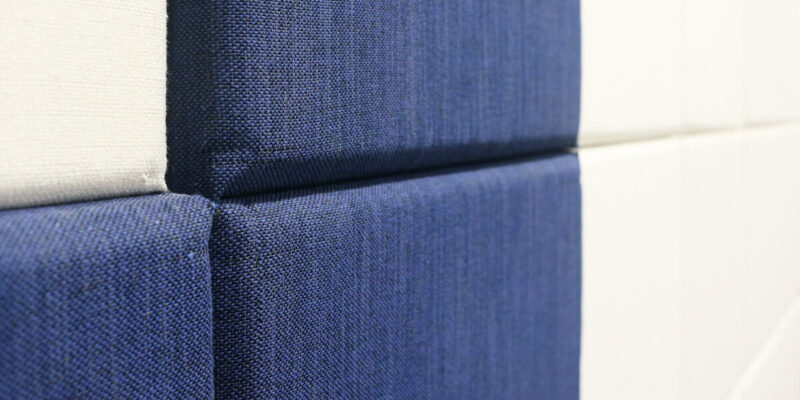
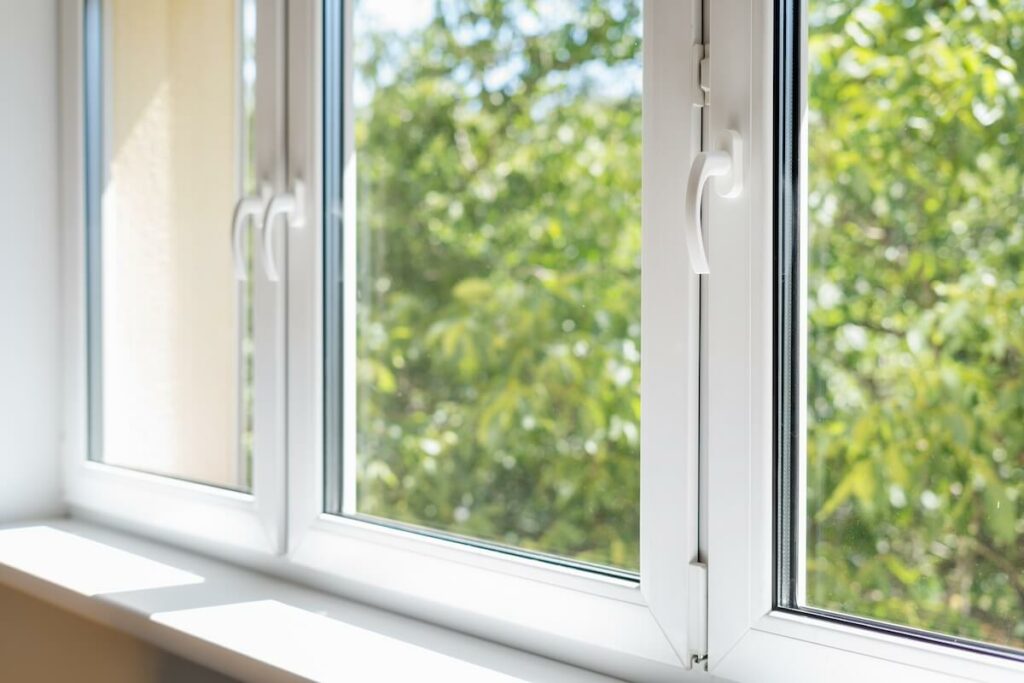 What are the disadvantages of soundproofing?
What are the disadvantages of soundproofing?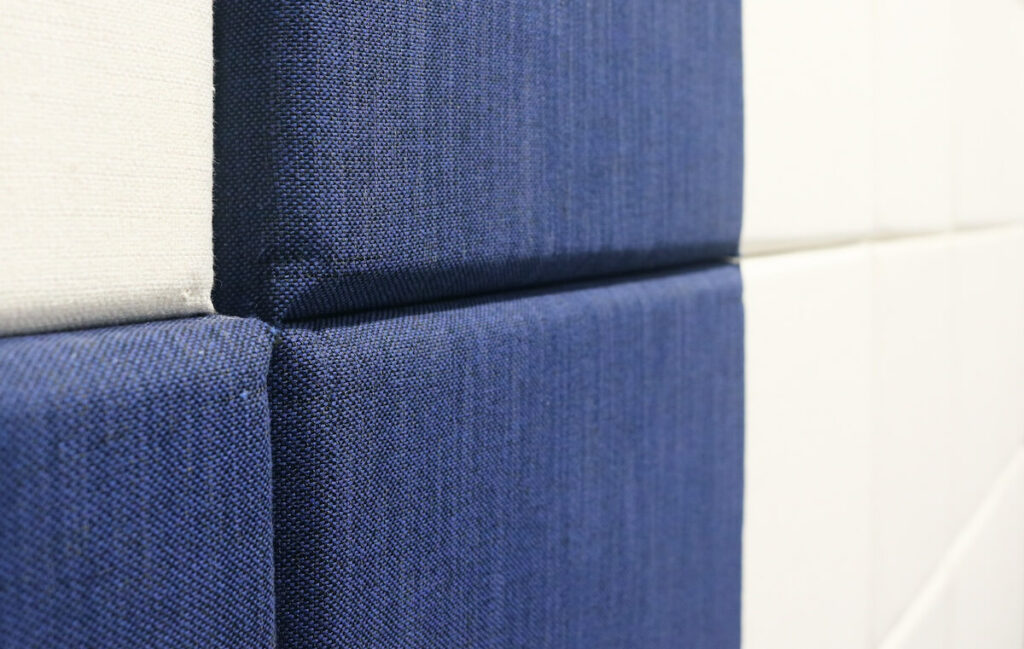 Will the council soundproof my house?
Will the council soundproof my house?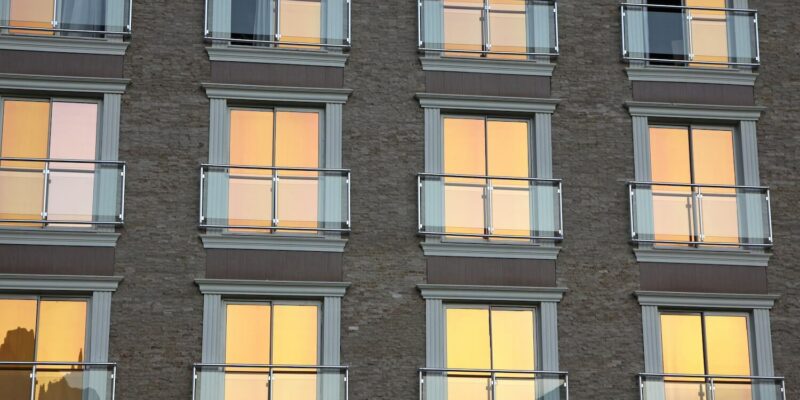
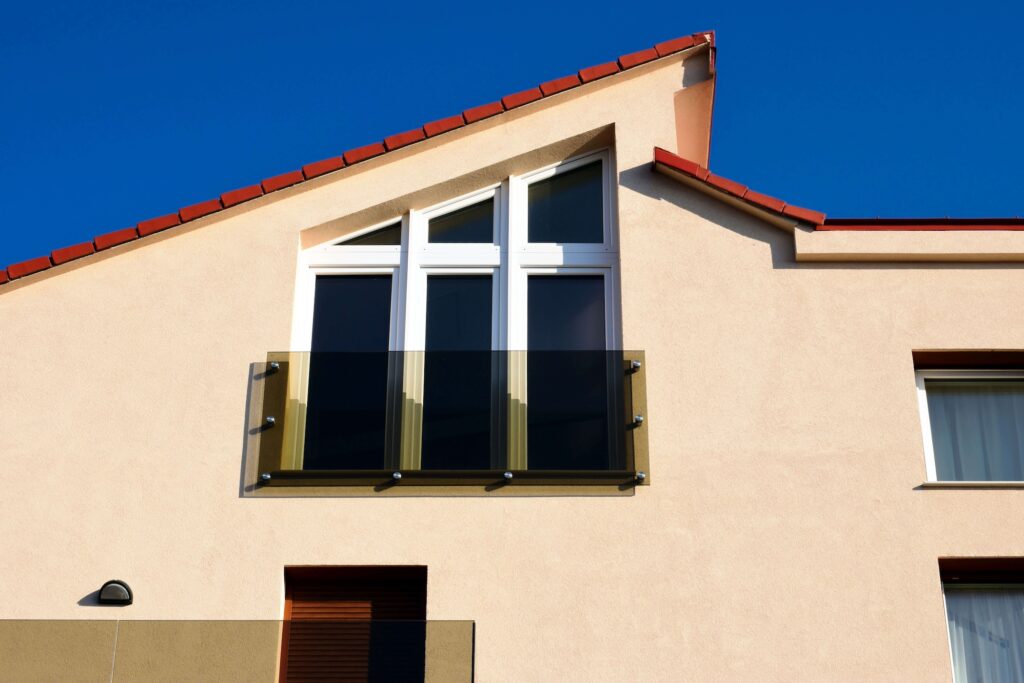 Maximum light flow
Maximum light flow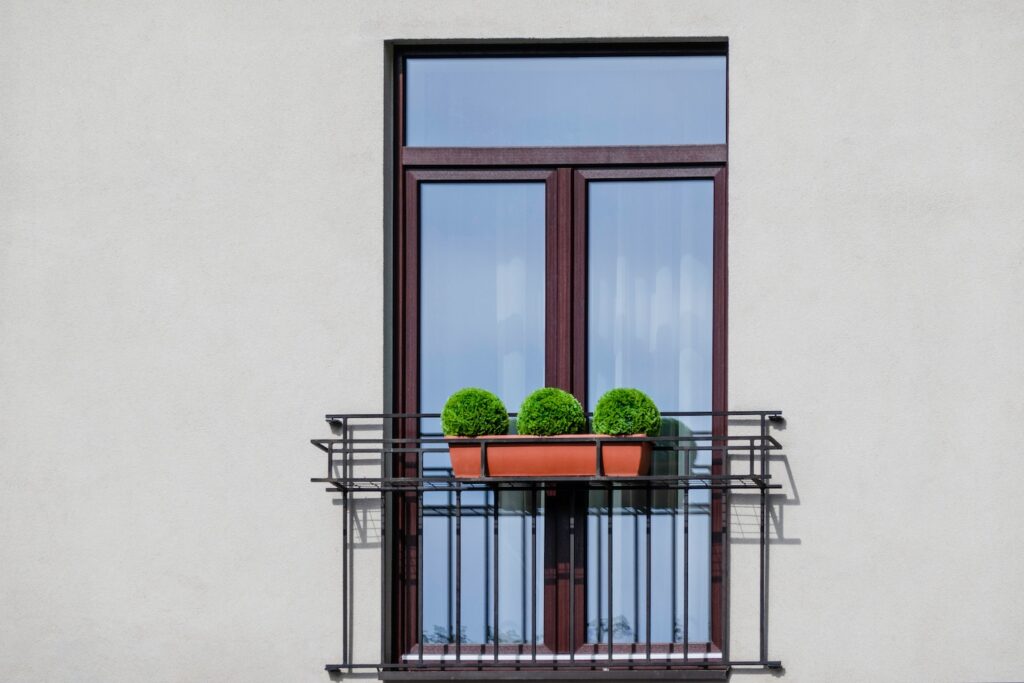
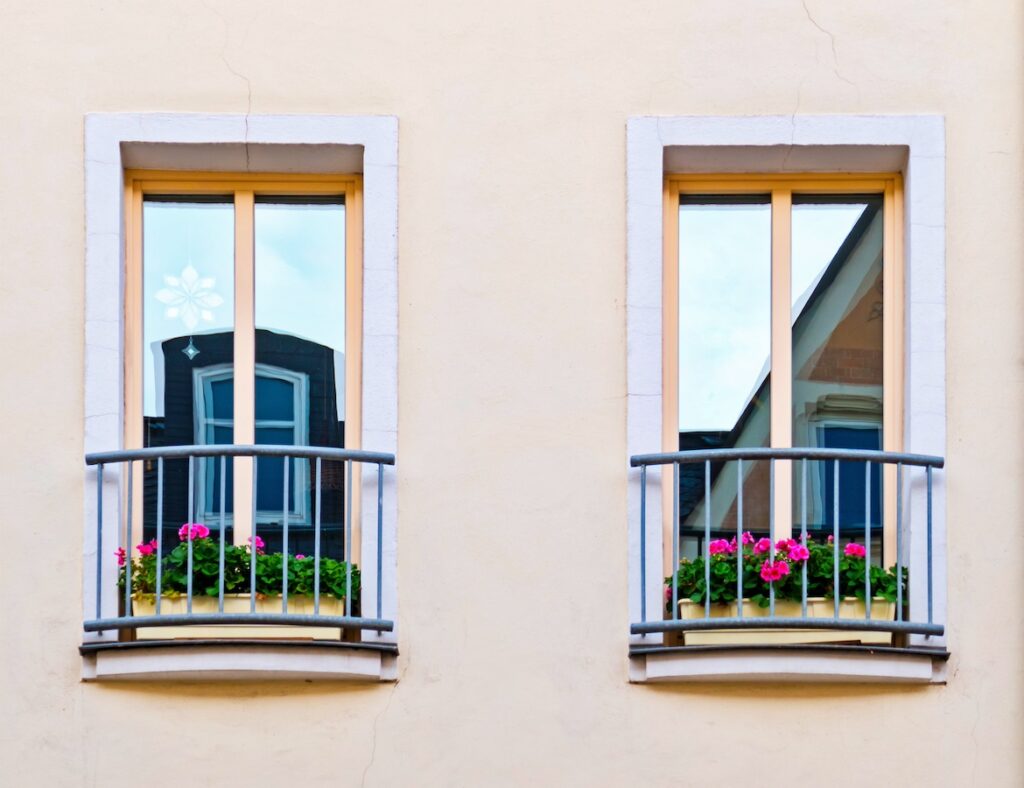 Is a metal or a glass Juliet balcony better?
Is a metal or a glass Juliet balcony better?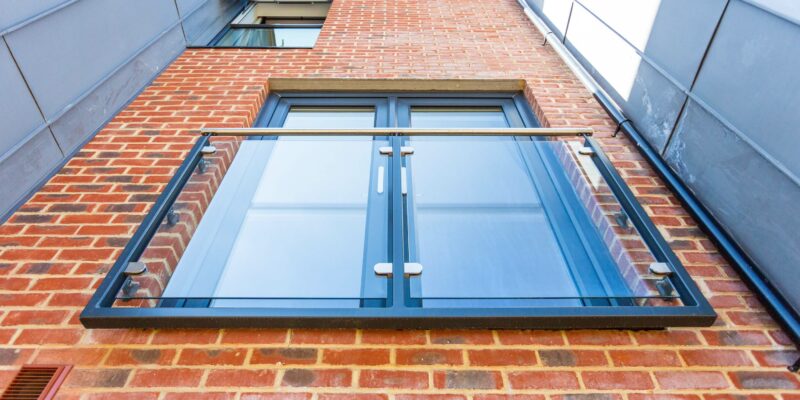
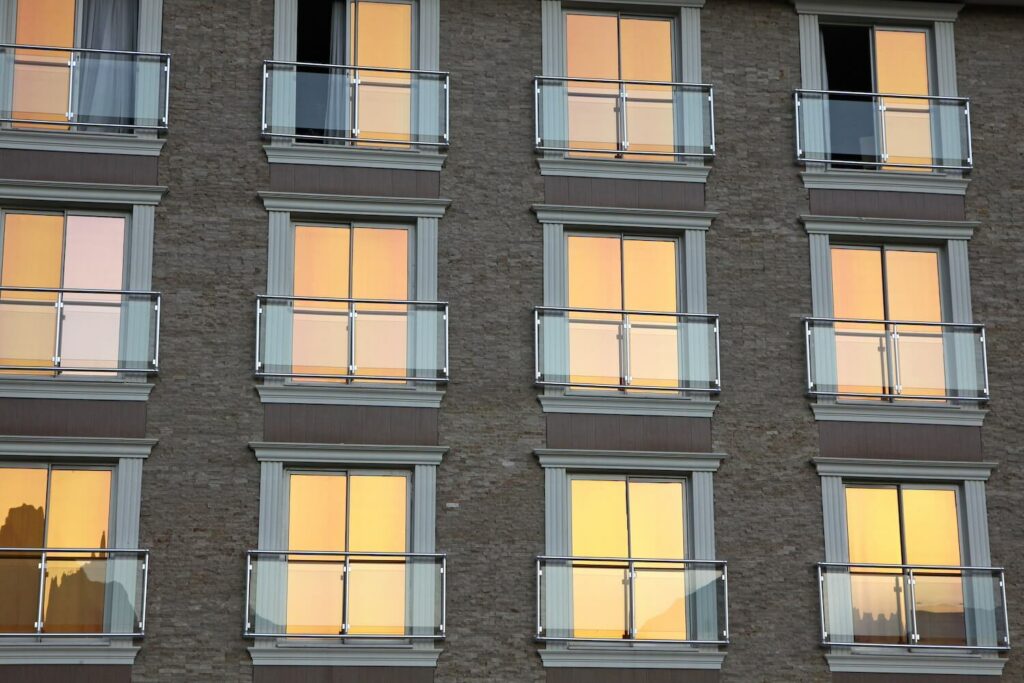 What are the regulations around Juliet balconies?
What are the regulations around Juliet balconies?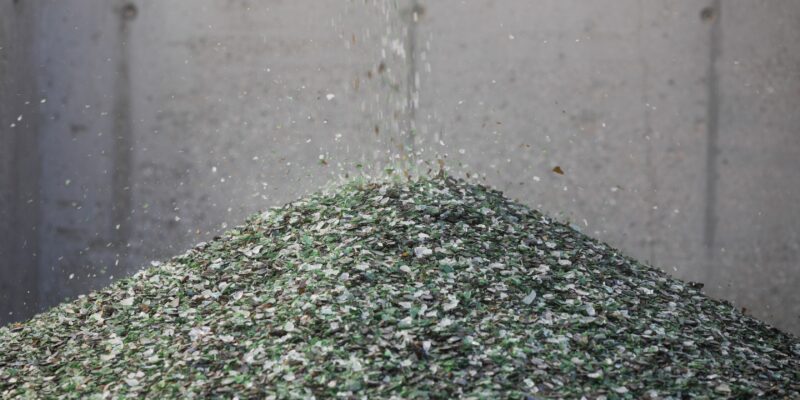
 Are there environmental drawbacks to glass?
Are there environmental drawbacks to glass?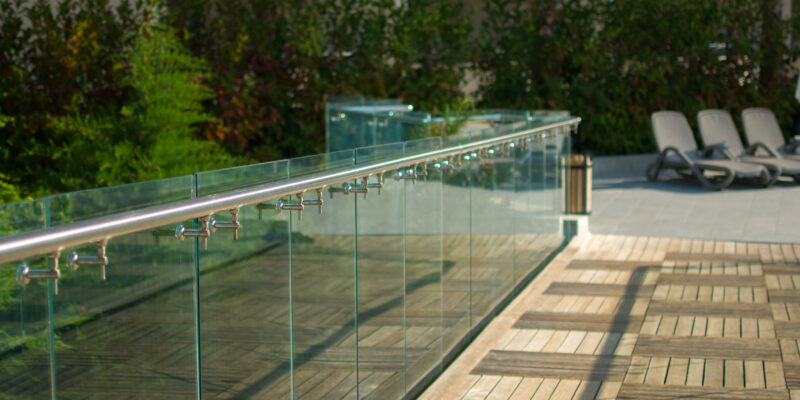
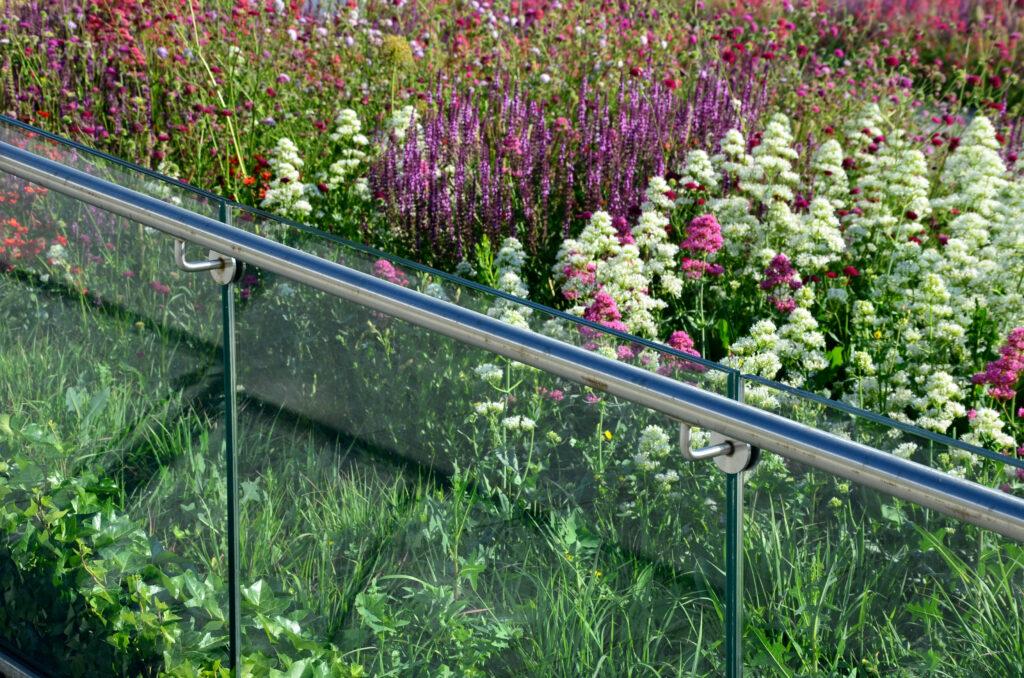 Why use glass balustrades outdoors?
Why use glass balustrades outdoors?